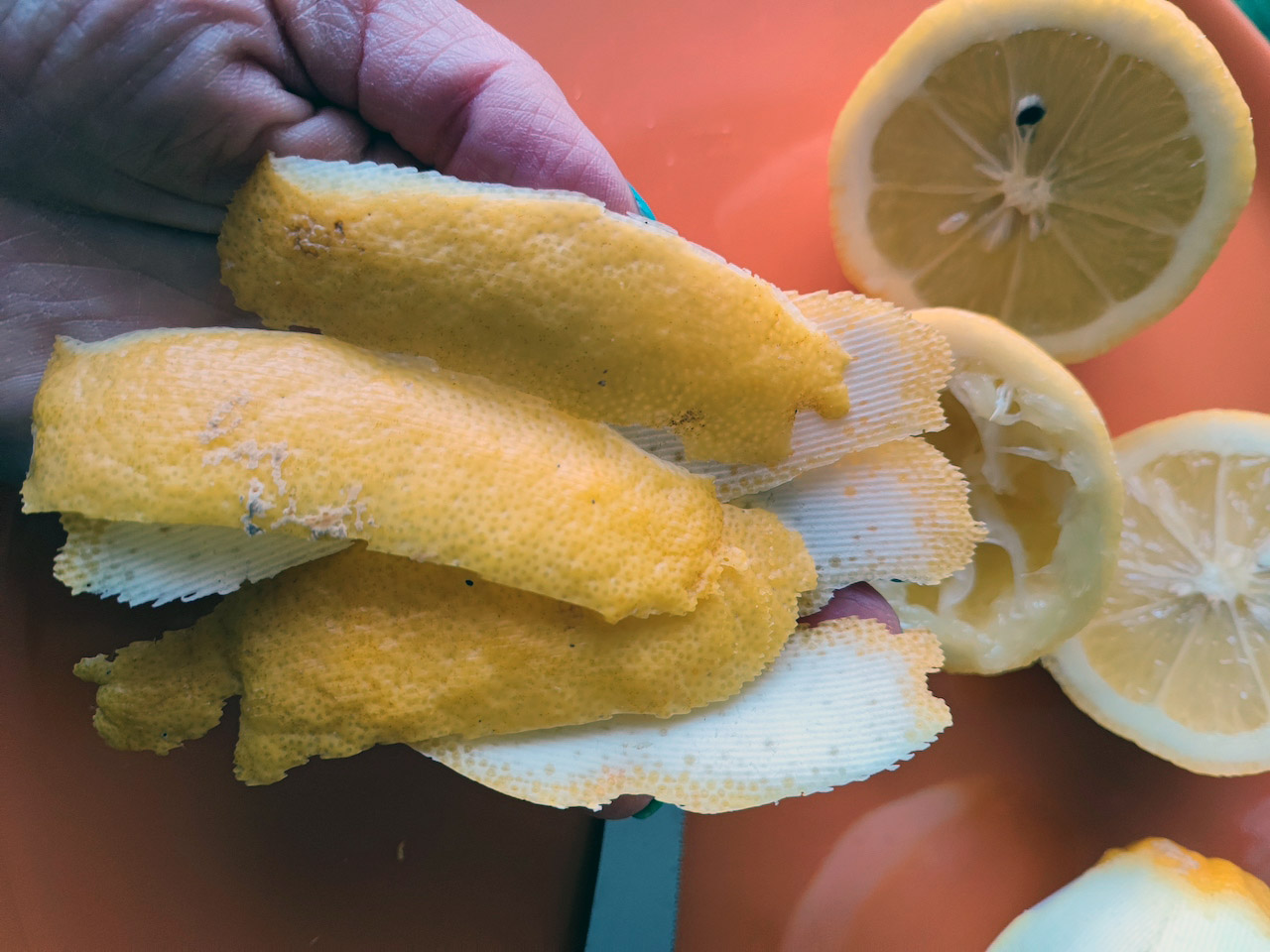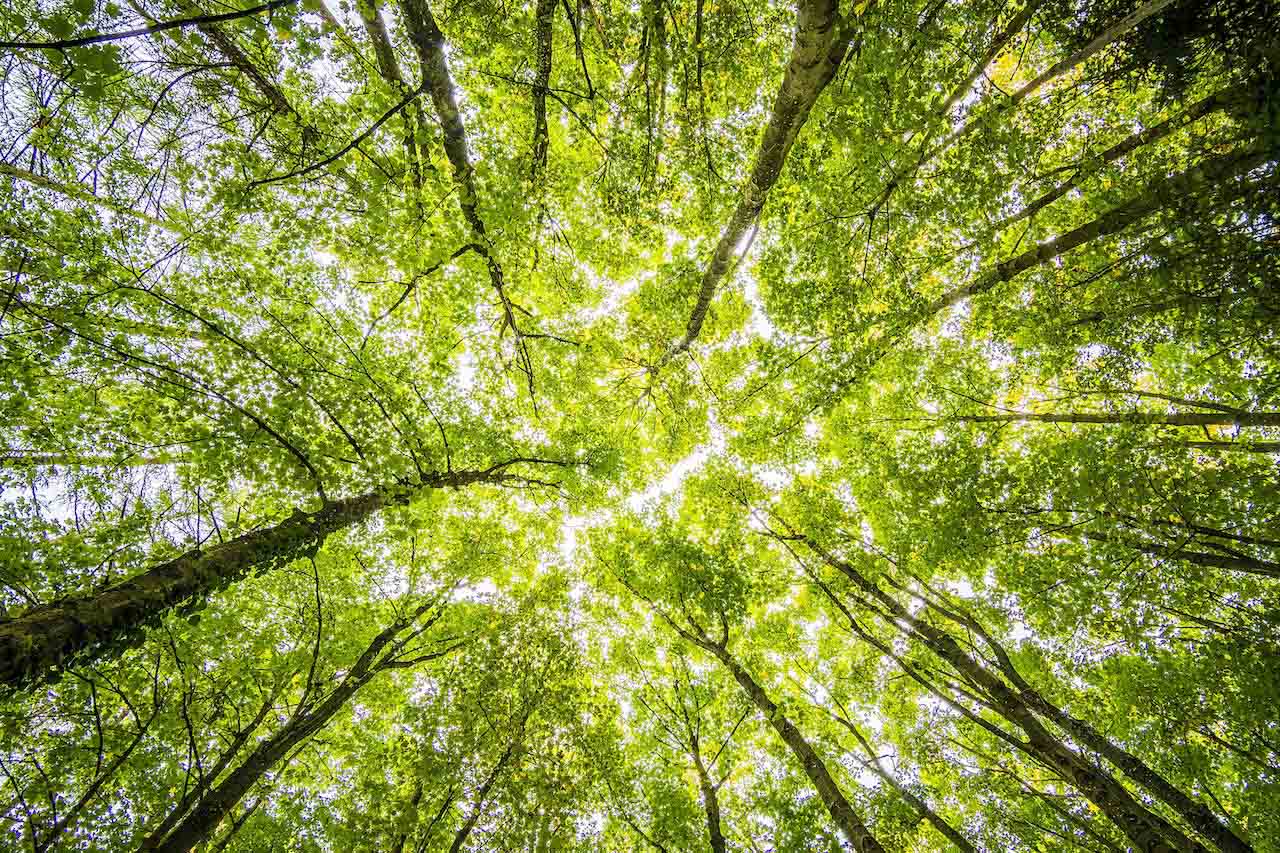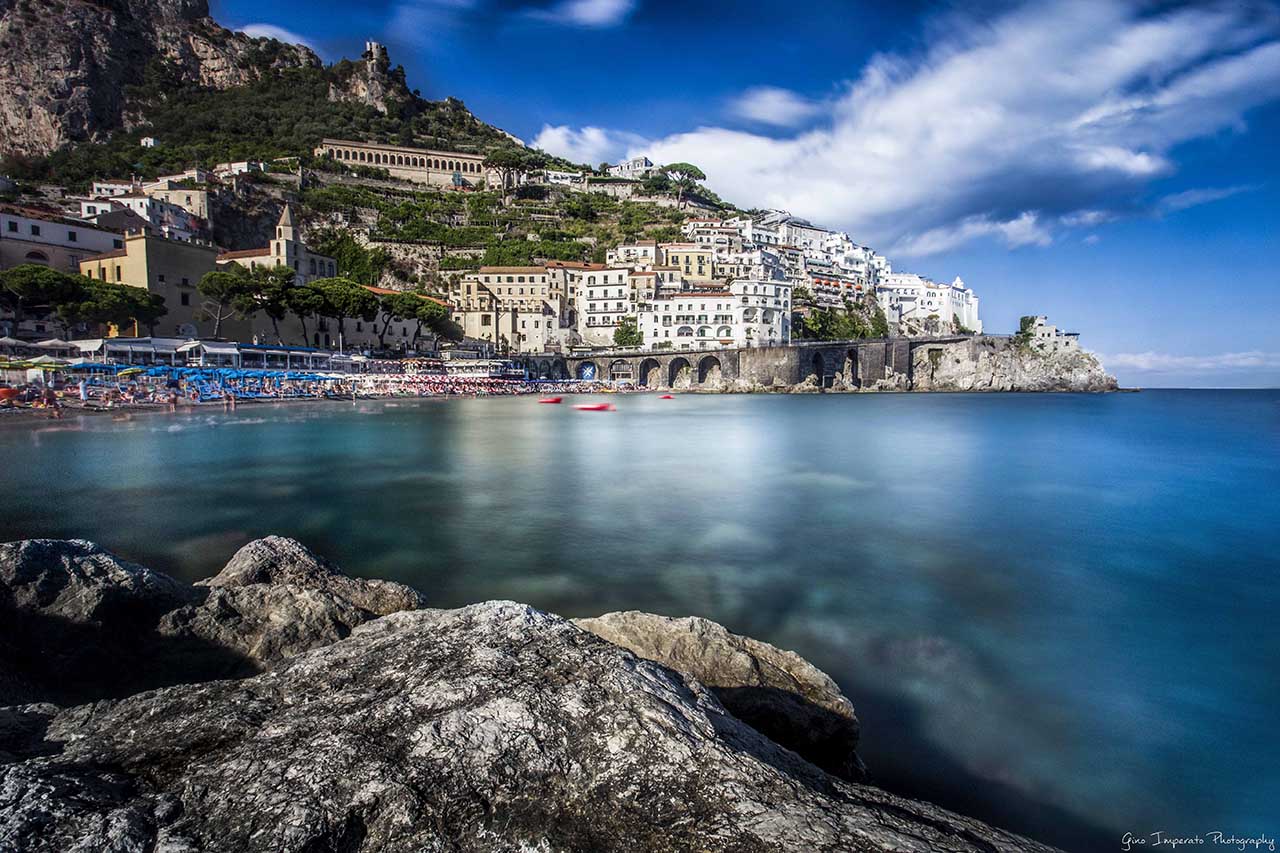The project for the sustainability of the waste cycle on the Amalfi Coast has started. An initiative carried out by the Tourist District Amalfi Coast with Zero Waste Hotel and Omega Consortium
April 11th, 2022. By Editors, cover photo by Gine Imperato
“When we talk about sustainability, a term now abused, we do not mean only the environmental one, but also the social and economical one, which satisfies and falls within a series of measures included in the 2030 Agenda”. Those are Lina Piccolo‘s words, Vice President of Confindustria Salerno with responsibility for the Environment, during the presentation of Zero Waste Amalfi Coast, the project for the sustainability of the waste cycle on the Amalfi Coast.
An initiative put in place and promoted by the Amalfi Coast Tourist District with Zero Waste Hotel, a consulting firm specializing in green practices aimed at the restaurant and hospitality industry, and the Omega Consortium, a leader in waste management.
“The goal – explains Andrea Ferraioli, President of the Amalfi Coast Tourist District, Amalfi Coast Tourist Development Network, and President of the Hotels, Tourism, and Leisure Group Confindustria Salerno- is to improve the impact of tourism on our territories compared to the population of residents through innovation. Zero Waste Amalfi is a very ambitious project. We want to bring good waste reduction practices inside the hotel facilities and realize a virtuous cycle of reuse of by-products, such as lemon peels, orange peels, coffee residues, and foods widely used in our territory”.

The goals
Zero Waste Amalfi Coast aims to achieve a series of objectives, including creating a protocol of actions to be shared with participating hotels, staff training, an information plan to communicate and disseminate the correct waste management practices to their guests, and monitoring of activities.
“We are going to intervene in the hotels that have joined the project trying to change some attitudes – says Antonino Esposito, an expert in sustainable tourism and founder of Hotel Rifiuti Zero, which, together with the team, will be responsible, among other things, for staff training – The intent is to bring the hotels to reach 90% of separate waste collection and at least 20% waste reduction”.
Good practices and training
According to research conducted by a consulting firm in tourist communities, about 70 percent of waste is generated by non-domestic activities.
“We will draw up a series of good practices for hotels. They will range from the elimination of disposables, such as sugar sachets, or the various accessories that are placed in the bathrooms, to the installation of a zero-waste dumpster, patented, to be placed perhaps in front of the guest rooms, which will allow them to throw the waste properly. Another issue on which we will focus will be communication, i.e., providing guidelines for employees to communicate with their guests regarding the sustainability actions they will have to follow.”
The performance implemented by the hotels will then be monitored and analyzed continuously. Among the aims of the project are the achievement of green certification and the creation of a brand that identifies the facilities adhering to the sustainable strategy for the Amalfi Coast. “The hotel is a community. If you can create a virtuous cycle within that community, the impact on the rest of the territory is remarkable,” adds Ferraioli.

Waste as a resource for creating clean energy
Many resources will be invested in a series of actions to reuse by-products. “Waste – explains Anna Rosa Sessa – administrative director and project manager of Consorzio Omega – is no longer something to be eliminated, but it can be transformed into an important resource for the creation and development of the circular economy.”
So here is how the waste from lemons, oranges, and other foods can become essential for creating clean energy. “We will use these by-products to produce electricity from biomass,” says Vincenzo Calce, technical manager of ANGA, Albo Nazionale Gestori Ambientali.
To achieve this goal, the focus will be on prevention. “It is essential to make people understand that waste is an asset. It is a resource that can be used again. Prevention consists precisely in this, that is, understanding that a lemon peel can be transformed into energy”.

